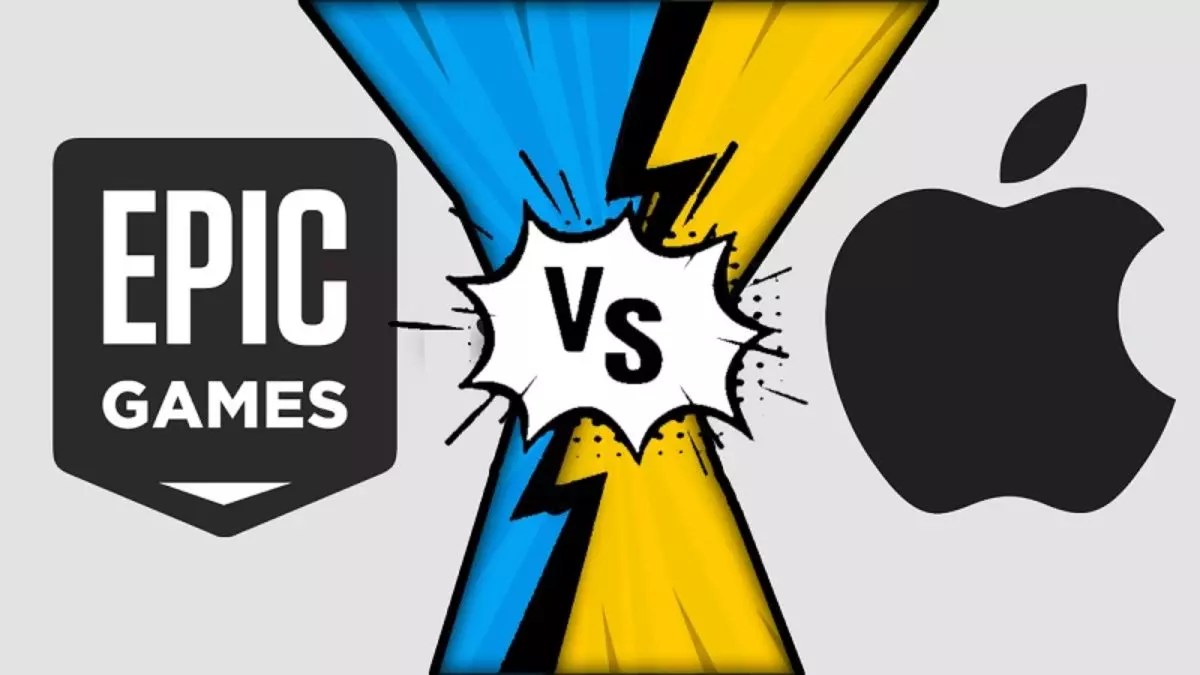
The Supreme Court lets Apple keep its App Store pricing policy (at least for now) – Tech Live Trends
And the legal battle rages on: the US Supreme Court has let Apple Inc. keep its App Store payment rules in place for the time being, rejecting an Epic Games request that would have let developers start directing iPhone users to other purchasing options, reports Bloomberg Law.
Justice Elena Kagan said she wouldn’t let a federal appeals court decision take effect immediately, as Epic had sought. The 9th US Circuit Court of Appeals said earlier this year that Apple violated California’s Unfair Competition Law by limiting the ability of developers to communicate about alternative payment systems, including purchases through the Epic Games Store.
Bloomberg Law says that Kagan’s rejection of Epic means Apple will get a reprieve from the 9th Circuit ruling, though perhaps only a temporary one. The appeals court put its decision on hold to give Apple time to file a Supreme Court appeal later this year, but the ruling will kick in if the justices refuse to hear the case.
This is all part of an ongoing global legal battle between Apple and Epic. On Aug. 13, 2020, Epic Games announced that it had introduced a new direct payment option in the Fortnite app for iPhone and iPad, allowing players to purchase 1000 V-Bucks for US$7.99 rather than $9.99 through Apple’s in-app purchase mechanism. Shortly thereafter, Apple removed the gamer from the App Store for violating store polices and followed up by shutting down the company’s developer account.
Epic immediately filed a lawsuit against Apple in the U.S. District Court for the Northern District of California. In September 2020 Apple filed a countersuit to stop the game maker from using its own payment system for Fortnite. Apple also accused Epic of theft and sought extra monetary damages beyond breach of contract.
In September 2021, U.S. District Judge Yvonne Gonzalez Rogers ruled that Apple’s anti-steering conduct is anti-competitive, but ruled in favor of Apple on all other counts.
In a 185-page ruling, Rogers said “the Court cannot ultimately conclude that Apple is a monopolist under either federal or state antitrust laws,” but she said the trial “did show that Apple is engaging in anticompetitive conduct under California’s competition laws.” Rogers concluded that “Apple’s anti-steering provisions hide critical information from consumers and illegally stifle consumer choice.”
She ruled that Epic Games had to pay damages equal to 30% of the $12,167,719 in revenue that it collected from users in the Fortnite app on iOS through the direct payment option between August 2020 and October 2020, plus 30% of any such revenue Epic Games collected from November 1, 2020, through the date of judgment, plus interest.


